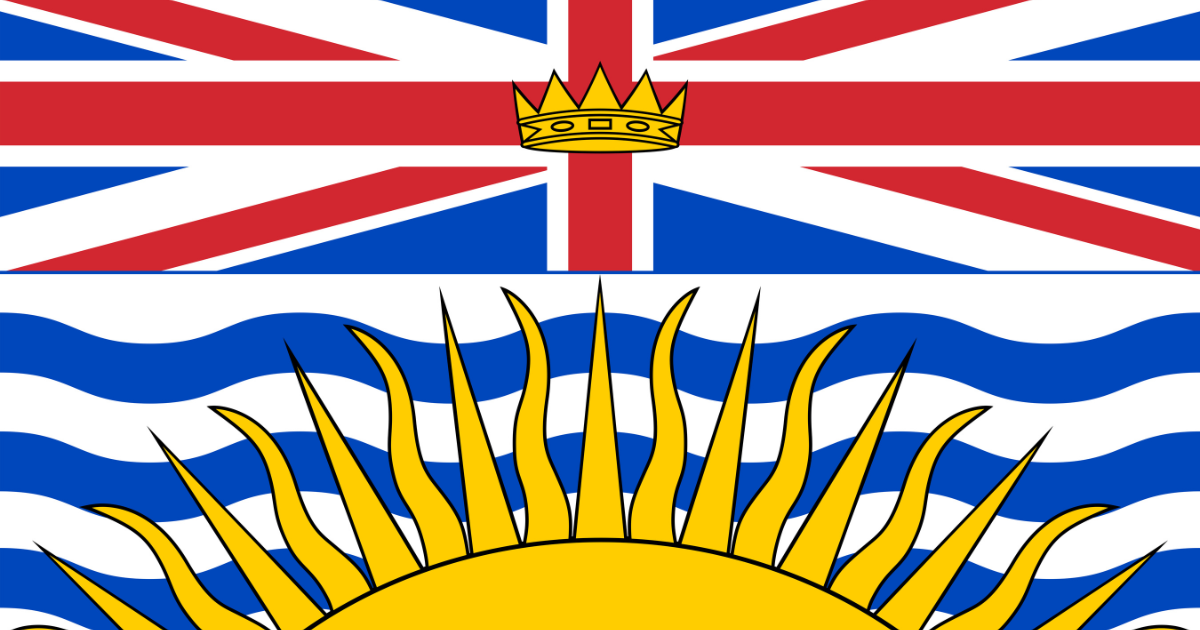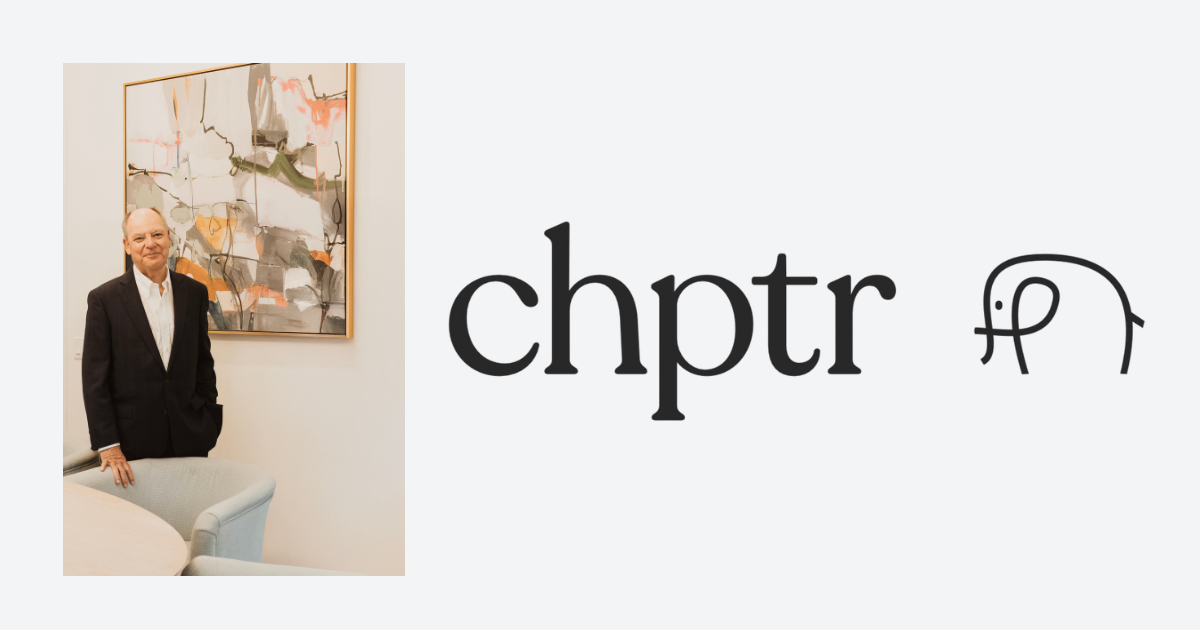Disposition Options Still Limited for British Columbia Families and Funeral Homes
Deathcare professionals in the westernmost Canadian province of British Columbia have found themselves firmly ensconced between the proverbial rock — rigid government restrictions — and a hard place — loud public opposition — when it comes to the disposition options they can offer families.
Many BC funeral directors and residents have expressed interest in newer, alternative disposition methods of alkaline hydrolysis (AH) or natural organic reduction (NOR). However, Consumer Protection BC, the authority that enforces the province’s Cremation, Interment and Funeral Services Act, allows BC deathcare facilities to offer residents only traditional burial or flame cremation services — as the authority reportedly reminded providers via email recently.
Amid changing consumer preferences, increasingly overloaded crematoriums, and consistently rising burial costs, some BC funeral professionals feel “handcuffed” by the act’s limitations.
Nowhere to go
According to the Cremation Association of North America’s (CANA’s) 2024 Annual Statistics Report, the cremation rate across Canada is just over 75%, while in British Columbia, specifically, more than 80% of dispositions are conducted via flame cremation. Current deathcare facilities, which are limited by the number of cremations their equipment can handle per year, are struggling to meet this still-growing demand.
Logically, expansion or relocation would be a valid option for these providers. This isn’t as easy as it seems, though. Residents in several communities where new crematorium construction was proposed have rushed to sign petitions in opposition, while in other areas local governments have actually amended their bylaws to restrict new facilities.
“Nothing unites a community like a threat of a crematorium,” Tyrel Burton, director of Alternative Funeral & Cremation Services, recently told reporter Stefan Labbe of Glacier Media Group. “But it’s a service everyone needs.”
Labbe added that some funeral homes are sending remains to Washington State for flame cremation, while one provider has opted to build a crematorium on Vancouver island, regularly shipping deceased individuals from the funeral home to the crematorium and back. Although not specified in Labbe’s article, it makes sense that these outside-the-box solutions could easily add to the bottom line of cremation costs that necessarily must be passed on to families.
Burial in British Columbia is also becoming more expensive as physical space becomes more scarce. In 2024, one BC cemetery estimated that casket spaces in Vancouver-area cemeteries could cost over $30,000 each, with one Burnaby burial plot selling privately online for $54,000 in 2023.
More becoming eco-aware
Much of the opposition to new crematoriums stems from residents’ awareness of the carbon footprint from the unavoidable fuel consumption and emissions from flame cremation. Even traditional burial is at risk of negative environmental impact from potential soil and water contamination and the costs of maintaining cemeteries.
The National Collaborating Centre for Environmental Health in Vancouver, BC, recommends “more environmentally-sustainable end-of-life options” like green burial, alkaline hydrolysis, and human composting — the last two being alternatives that more BC deathcare providers cannot legally offer under the current Act.
AH has been legalized in Saskatchewan, Quebec, Newfoundland and Labrador, the Northwest Territories, and in Ontario, although in some of these provinces, only a handful of providers have invested in AH equipment, which can cost more than $250,000. To date, no Canadian jurisdiction has legalized natural organic reduction. And although green burial has been a popular option in British Columbia for years, only 18 natural burial properties are available, with all but two being located in Vancouver and along the province’s southern border.
Work-arounds?
Just as some providers have created work-arounds to offer flame cremation to more BC families, others have been exploring creative ways to bring AH and NOR to those they serve — or, more precisely, to bring those they serve to AH and NOR.
NOR provider Return Home in Auburn, Washington, as well as Recompose in Seattle, welcome Canadian residents and will work with Canadian funeral homes to facilitate transport to their facilities.
Labbe’s article, however, hints that the recent communications to funeral providers from the Consumer Protection BC authorities “also limit any plans local funeral homes may have harboured to work with partners in Washington state,” crossing the border “where British Columbians could have accessed the service and had the remains transferred back to Canada.”
A group of volunteers created an organization called NOR in BC to lobby BC authorities to update the Cremation, Interment and Funeral Services Act to allow NOR. “We believe that people in BC shouldn’t have to cross the border to access natural organic reduction (NOR) services as a funeral care option for themselves or their loved ones,” reads the group’s website. “That’s why we’re advocating for the legalization of NOR in British Columbia through public education and legislative action.”




